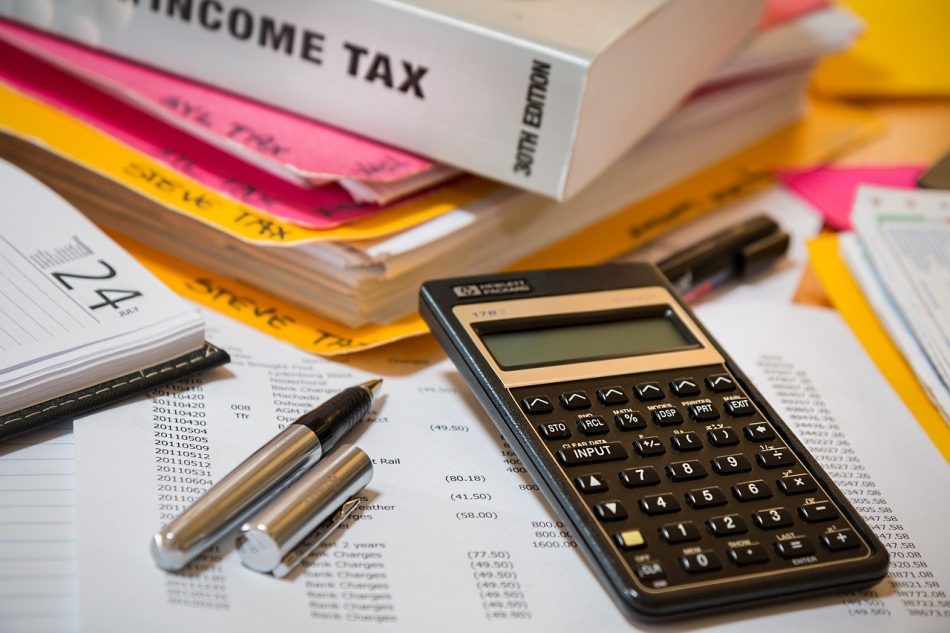MADRID – The Spanish Parliament on Tuesday approved a bill from the Ministry of Finance that allows surprise inspections to be carried out on private individuals and companies. It is a part of a package of measures against tax fraud.
Introduced six months ago, the surprise inspections were the most controversial part of the new bill. The surprise inspections to combat fraud will mainly be carried out by the Finance Committee of the House of Representatives. This committee has full legislative power to do so. If the judge supports the measure, the surprise inspections can take place.
The measure comes from the Tax and Customs Administration (AEAT), the political party PSOE and the Ministry of Finance. The proposal has sufficient parliamentary support for further discussion in the Senate.
Justified reason for ‘surprise’ inspection
A few months ago, the Supreme Court ruled surprise inspections in the constitutionally protected homes of individuals and companies were illegal. This despite such visits being permitted by a judge. Until clarification of this issue, these types of inspections are kept to a minimum. For a judge to approve a tax inspection ‘by surprise’, the request from the tax authorities to do so ‘must be’ duly justified, as well as its purpose, necessity and proportionality.
On this basis, El Español’s Invertia financial section states the tax authorities must provide more information than it has done so far. This means a tax audit can be carried out at your home or at your company, without prior warning. With a warning, the inspections would of course in many cases lose their effectiveness, according to Julio Ransés, chairman of the Organization of Inspectors of Finance (IHE). “If we state this in advance, it is likely that documents that can be used for tax inspection will disappear.” In practice, these types of inspections are rare, according to Ransés.
The bill receives sufficient support, including that of Unidas Podemos. It is rejected by the main opposition parties PP and Vox. Mario Garcés, the PP’s Economic Affairs Coordinator in Parliament says, “We disagree” with the tax authorities’ surprise inspections, he explains. “We believe that the inviolability of the home should be maintained as a guiding liberal principle”.
Cash payments up to €1,000
For SMEs there is another measure that significantly affects them, namely the limitation on cash payments to €1,000. This measure is met with a lot of resistance from small entrepreneurs who see it as a brake on consumption. The measure has been on the table since 2016, so there is no return, writes Pymes y Autónomos. There are doubts, however, as to its effectiveness in controlling tax fraud. In all likelihood, the law will be ready to go into effect in the autumn.


